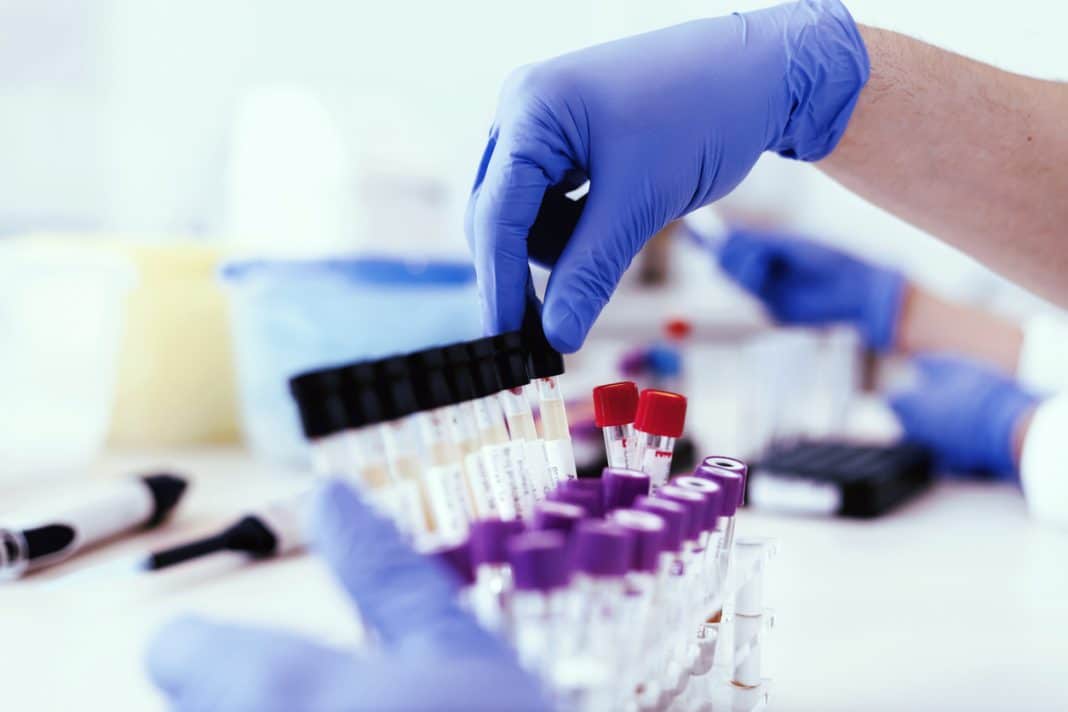The first month of operation of CanTEST, the ACT’s – and the nation’s – first fixed-site health and drug checking service, has shown that Canberrans want to make informed decisions regarding their health and will discard drugs that contain unexpected or dangerous substances, Directions Health Services state.
“Since CanTEST opened its doors, our staff have provided 70 health and alcohol and other drugs brief interventions to people who attended the service,” acting CEO, Stephanie Stephens said. “That is significant when you consider how new the service is and that it is only open three hours each Thursday and Friday.
“It shows us that people are actively seeking out information from a trusted, non-judgemental source to reduce risks to their health.”
In its first month, the CanTEST service tested 58 samples, and 18 samples were discarded after people were given the results of their contents.
“The drugs presented have often not contained what people thought they’d purchased,” Ms Stephens said.
“CanTEST is helping people make informed choices armed with additional knowledge about the purity and make-up of substances.
“Drug checking is also creating new opportunities to have meaningful discussions about health and safety with people who intend to use drugs.
“We look forward to awareness of the service continuing to grow and more Canberrans visiting us in coming months to have their drugs tested and to access expert health advice.”
Australian National University chemists examined a range of recreational drugs deposited at the service during August, including ketamine, MDMA, heroin, methamphetamine and cocaine.
Associate Professor Malcolm McLeod said the results provided important insight into the types of substances being sold in the local market.
“Results from the first month of the service provide a fascinating window on the local drug scene,” he said.
“They also suggest the service is reaching a far broader cross section of the drug taking community than what was possible from Australia’s first festival-based pill testing services conducted in previous years.”
One methamphetamine sample was found to be sugar.
The researchers also found cocaine deposited with the testing service had purity levels of 27 per cent and 40 per cent of samples had no cocaine at all.
Meanwhile, 100 per cent of heroin samples contained heroin, with purity levels ranging from 31 to 63 per cent.
Nineteen MDMA samples were tested with 13 containing the drug. Most ketamine samples – five of seven – contained the substance.
Previous ANU research has shown pill testing services can reduce harms for users.
Associate Professor David Caldicott from the ANU Medical School, who helped oversee and run the testing service, said people who attended reported feeling safe and respected, as well as receiving good and clear information.
“Through the CanTEST service we are engaging with a new generation of young consumers, many of whom have never sought advice on their drug consumption before now,” Dr Caldicott said.
“For some, those decisions involve choosing not to consume the drugs that that they have volunteered to have tested. For others, they may choose to use their drugs in a way that makes them less likely to be harmed. For all, CanTEST acts as the catalyst for a conversation that all of them deserve.
“The idea that Australia will ever be ‘drug-free’ is magical thinking from a bygone era; an era that has singularly failed in the goals which it espoused.”
Associate Professor Caldicott said the service also tested for fentanyl – a drug of concern that was increasingly popular.
“To date, we have tested 15 samples for traces of fentanyl, with none showing signs of these dangerous and potent synthetic opiates.
“The fact that fentanyl derivatives were not present in any of the samples test is very good news, given these dangerous and potent synthetic opiates have ravaged North America.”
CanTEST is a collaboration between Directions Health Services, CAHMA, Pill Testing Australia, and ACT Health. The trial runs for six months.



